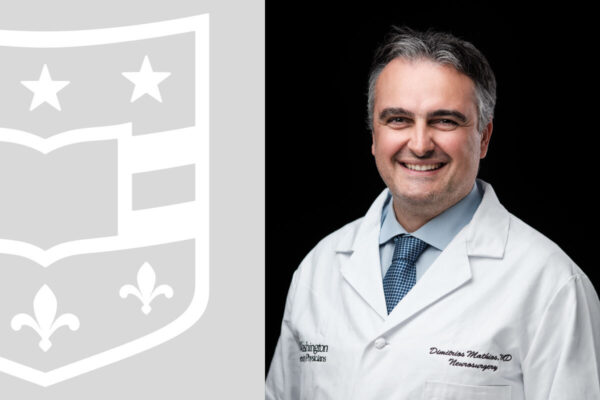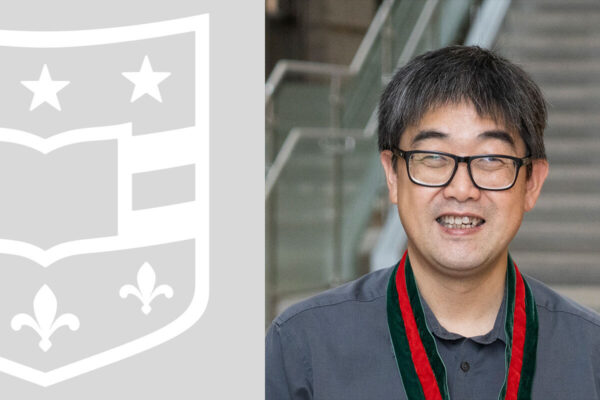Machine learning can improve detection of brain cancer from blood
WashU Medicine neurosurgeon Dimitrios Mathios, MD, has developed a liquid biopsy that is aided by machine-learning tools to improve the detection of brain cancers.
WashU summer camp merges art, public health education
The LIGHT Creativity in Public Health Summer Camp at WashU encourages students to tap into their imaginations and lived experiences to create artwork, poetry and stories that communicate the importance of health and science.
Tiny and toxic: Researchers track smaller air pollution particles across US skies
To help understand air pollution health effects, researchers in St. Louis quantified how the amount of submicron particles in the air has changed over the past 25 years.
More young women are getting breast cancer — why?
WashU Medicine’s Adetunji Toriola explains some of the factors driving the increase in women’s breast cancer diagnoses among women under 50.
$12 million grant funds studies of role of genes in autism, similar diagnoses
Researchers at WashU Medicine received a $12 million grant from the National Institutes of Health (NIH) to deepen the understanding of neurodevelopmental and psychiatric disorders that are caused by a single gene mutation, including autism.
Sauerwein wins national writing award
Kristina Sauerwein, a senior sciences writer in Marketing & Communications at WashU Medicine, has received her fifth Robert G. Fenley Writing Award from the Association of American Medical Colleges.
Detailed molecular steps of blood clotting revealed in new study
A study in Nature led by Weikai Li at WashU Medicine reveals the molecular details of how vitamin K-dependent gamma carboxylase operates, a critical step in the blood clotting process.
Phillips-Cremins named BJC investigator
Jennifer Phillips-Cremins, a pioneer in understanding 3D genome structure and its impact on the brain, will join WashU Medicine as BJC Investigator.
Grant renewal funds research on longevity in mammals
WashU Medicine researcher Benjamin Garcia will receive $18.5 million from the National Institutes of Health (NIH) to study how long-lived mammals stay healthy into old age.
US cuts threaten global efforts to prevent violence against women, children
As U.S. public health funding falters, WashU experts warn that vital global data systems protecting women and children from violence are in danger of disappearing.
Older Stories









